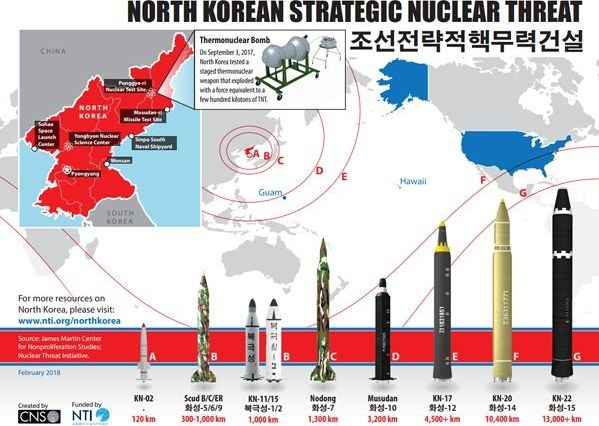RUSSIA plans to hold more than 100 military drill this summer as Vladimir Putin ramps up his nation’s war readiness.
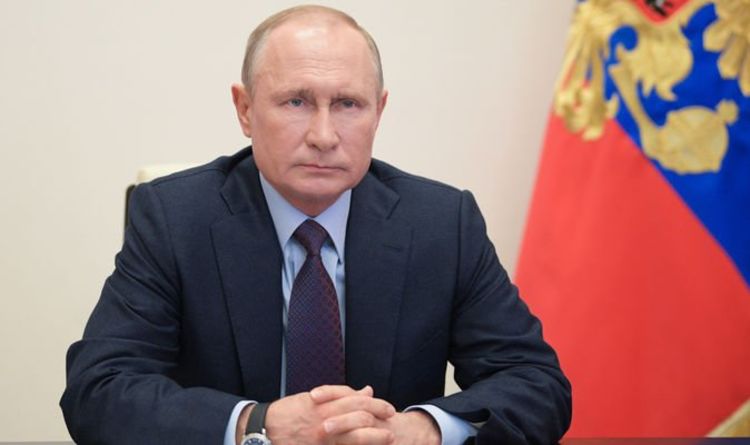

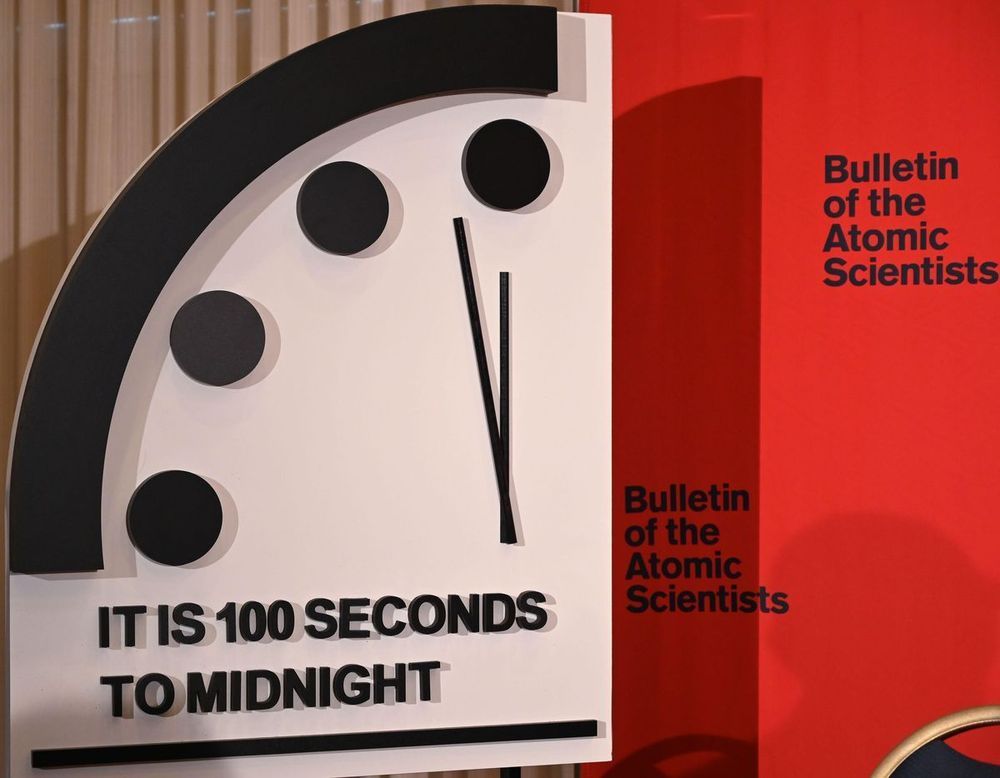
73 years ago, the same scientists who had helped to begin the atomic age set a “doomsday clock” for humanity. It first appeared on the cover of the June 1947 issue of the Bulletin of the Atomic Scientists as a dire warning about the nuclear rivalry between the U.S. and the Soviet Union. At that moment, the Bulletin estimated that we stood at about 7 minutes to midnight, which represented nuclear apocalypse.
The Doomsday Clock wasn’t – and still isn’t – a precise countdown to the end of all things. It’s a metaphor for how dangerous the global situation seems to be at a given moment, in the very well-informed but also subjective opinion of the Bulletin’s board of directors. In June 1947, things looked dire. The U.S. had dropped a pair of atomic bombs on Japan less than two years before; when the Bulletin of the Atomic Scientists first published the Doomsday Clock image, researchers were still studying the aftermath of those bombs. Meanwhile, the Soviet Union was hard at work on its own atomic program, and was just a couple of years away from testing its first atomic bomb in 1949.
Through the Cold War and in the decades since, the clock’s minute hand has moved about two dozen times. In September 1953, it stood at two minutes to midnight, following Russia’s August 1953 hydrogen bomb test – which in turn had followed a U.S. hydrogen bomb test in November 1952. Those tests meant the two feuding superpowers each had much more powerful new weapons with which to destroy each other; the tests also heightened the sense of life-or-death competition that made it more likely that someone would decide to use those terrible new bombs.

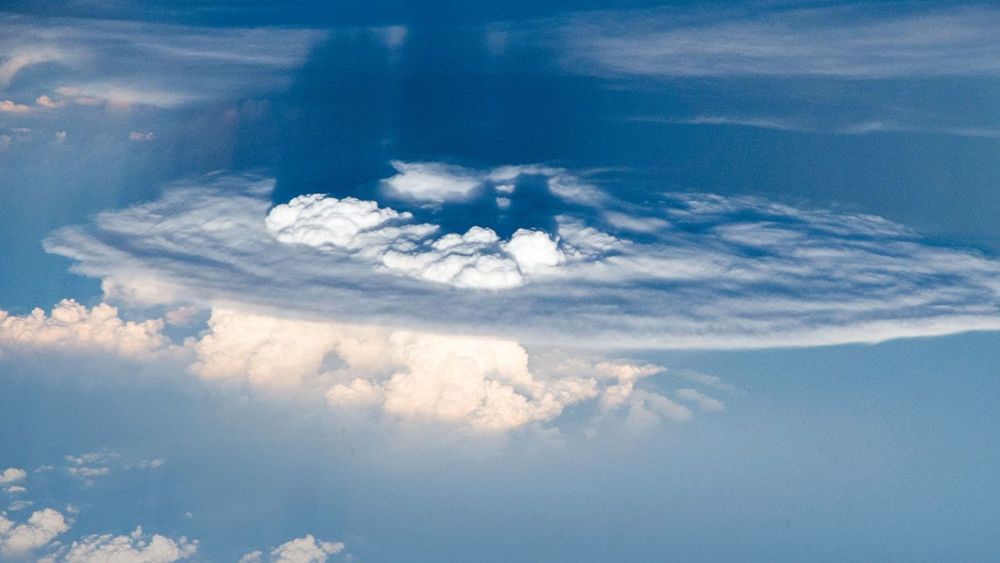

Most preppers are not in fact preparing for doomsday – they’re everyday people who anticipate and try to adapt for many conditions of calamity; conditions that they believe are inevitable and have been exponentially escalated through human hubris and excessive reliance on technology and global trade networks. While the disasters they anticipate might – at the more extreme end of the spectrum – include major “resets” like an all-out nuclear war or a massive electromagnetic pulse from the Sun that would fry our fragile electronics, most preppers stockpile for low to mid-level crises like the one the world is experiencing now.
For some, the current crisis is a dummy run for long-term lockdown. Across the world, luxury bunkers are being built for a lucky few to survive calamity and collapse.
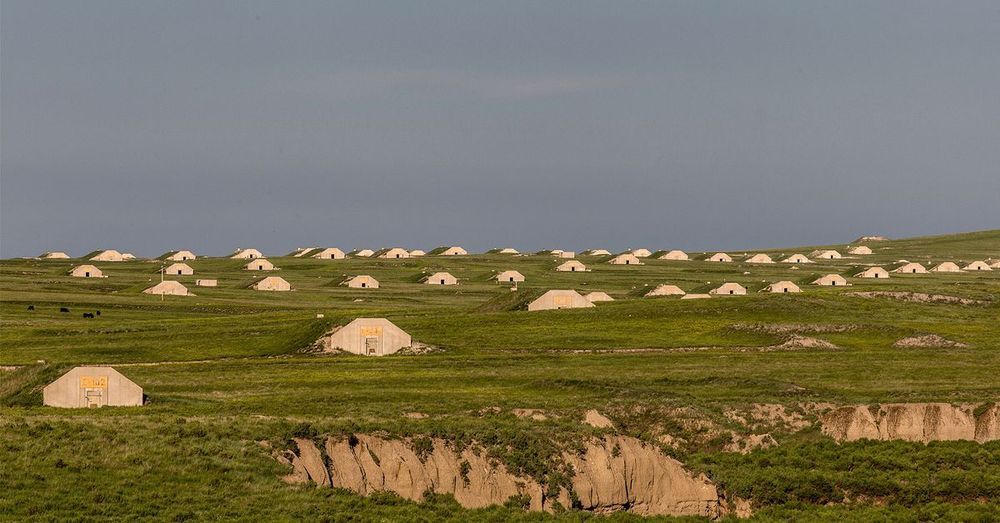
As COVID-19 brings the real estate market to a standstill, demand for doomsday bunkers is at an all-time high (or low since the structures are underground). The shelters were once signifiers of fringe prepper communities worried about the coming apocalypse. During the pandemic, they’ve become vacation homes. “People thought we were crazy because they never believed anything like this could happen,” says Vicino. “Now they’re seeing it. Everybody is a believer.”
Survival companies are capitalizing on coronavirus fears to sell bunkers that can withstand the apocalypse. But their claims about the virus are questionable.

“The world is currently rightly focused on tackling the global health emergency,” Mark Wright, science director of the U.K. branch of the World Wildlife Fund, told The Guardian. “However, this new research reinforces that, after we are through this extremely difficult time, we will need renewed ambitious action to address the climate and nature crisis.”
More on the environment: Doomsday Report Author: Earth’s Leaders Have Failed
Up next__elon musk says he’ll be working on the tesla assembly line today.
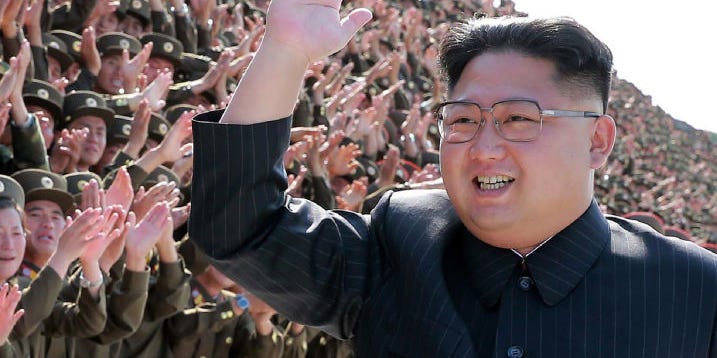
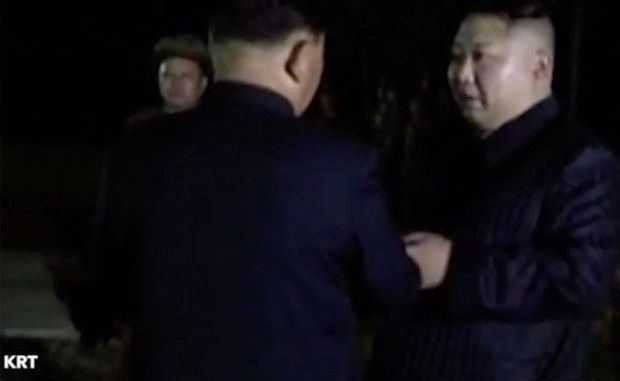
North Korean dictator Kim Jong Un was once filmed chatting to two identically dressed lookalikes — escalating wild conspiracies that a body double was recently used to claim he is alive and well.
Footage from July 2017 discovered by the Sun shows the Hermit Kingdom’s leader with the doppelgangers as he showed off a new missile.
The pair appear the same height and size, with identically cut hair shaved at the back and sides, and wearing suits perfectly matching the one worn by their leader, the Sun noted.
